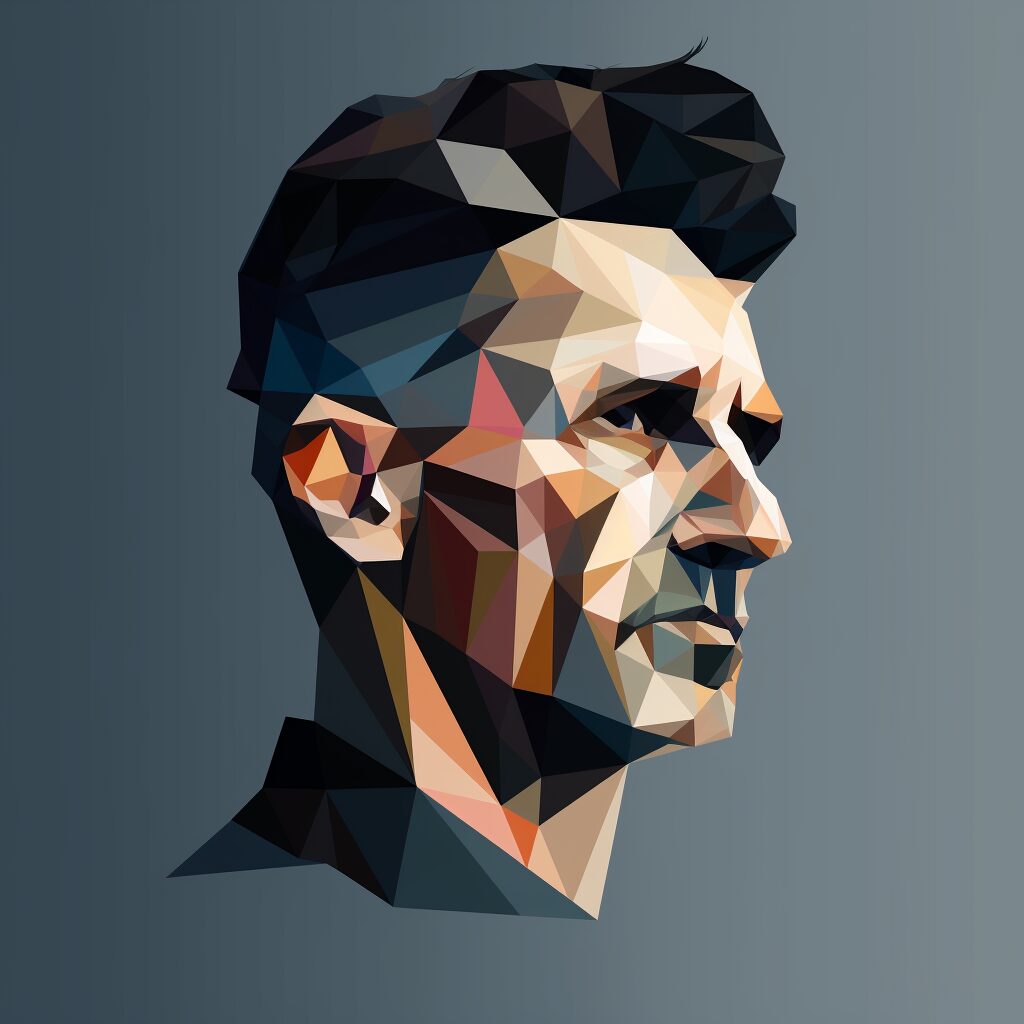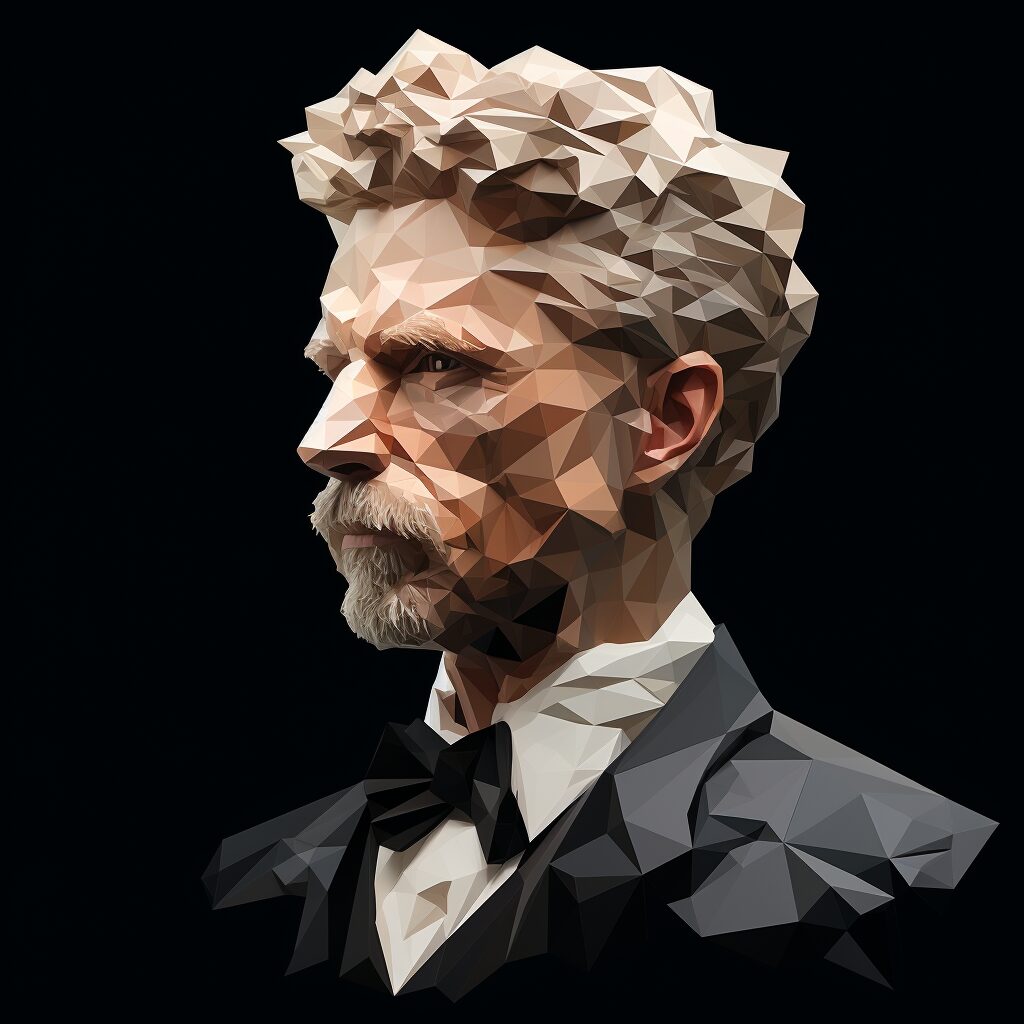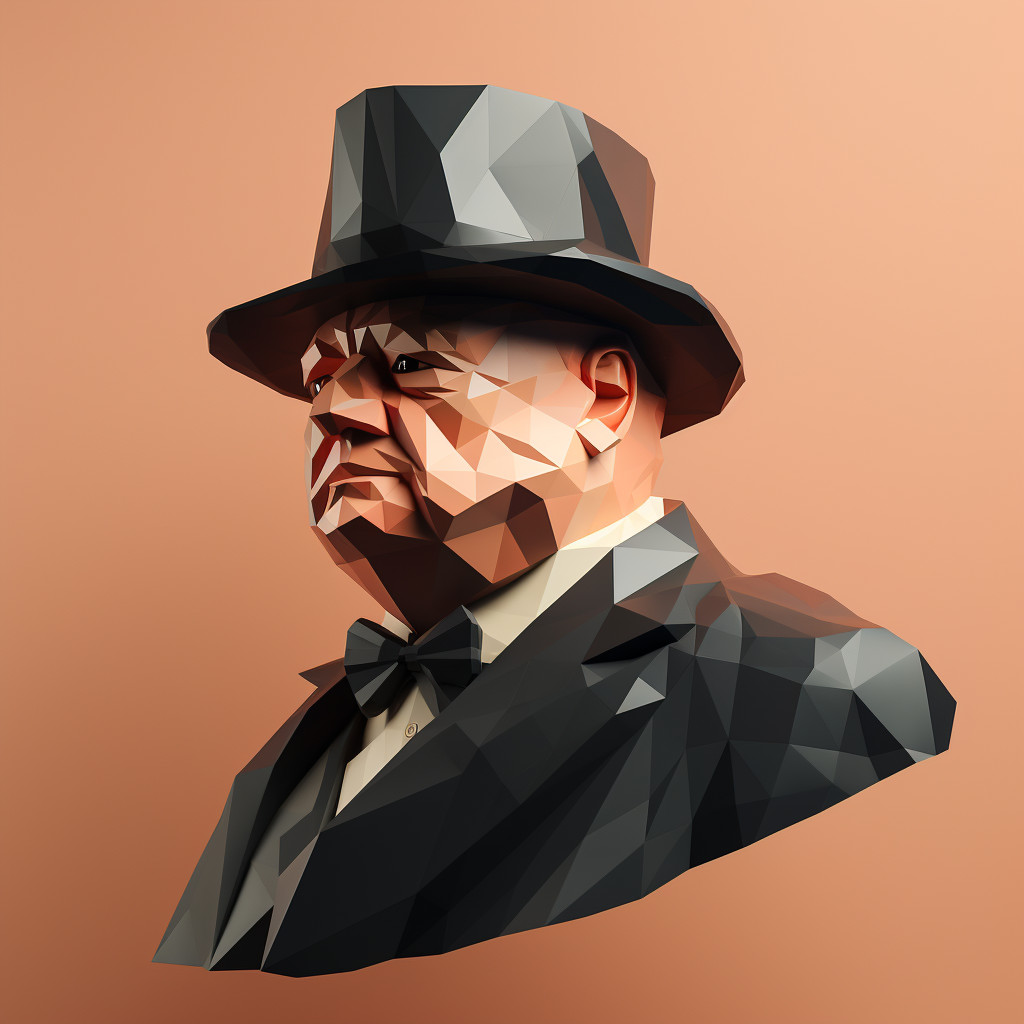'Skulls' Quotes
Skulls have long been a symbol of mortality and the fragility of life. As such, ‘Skulls Quotes’ have held a significant place in literature, art, and popular culture throughout history. These quotes often serve as a reminder to live life to the fullest and to embrace the inevitability of…Read More
Skulls have long been a symbol of mortality and the fragility of life. As such, ‘Skulls Quotes’ have held a significant place in literature, art, and popular culture throughout history. These quotes often serve as a reminder to live life to the fullest and to embrace the inevitability of death. They have inspired individuals to reflect on their own mortality and to make the most of their time on earth. From Shakespeare’s “Alas, poor Yorick!” to modern day quotes like “Death is not the greatest loss in life. The greatest loss is what dies inside us while we live,” ‘Skulls Quotes’ continue to provoke thought and inspire people to live with purpose and passion.Read Less
Skulls have long been a symbol of mortality and the fragility of life. As such, ‘Skulls Quotes’ have held a significant place in literature, art, and popular culture throughout history. These quotes often serve as a reminder to live life to the fullest and to embrace the inevitability of death. They have inspired individuals to reflect on their own mortality and to make the most of their time on earth. From Shakespeare’s “Alas, poor Yorick!” to modern day quotes like “Death is not the greatest loss in life. The greatest loss is what dies inside us while we live,” ‘Skulls Quotes’ continue to provoke thought and inspire people to live with purpose and passion.
21 Striking 'Skulls' Quotations and Sayings
Skulls – Symbolic Value
Skulls have been a symbol of death and mortality for centuries. They are often associated with fear, danger, and the unknown. However, skulls also hold a deeper symbolic value that goes beyond their physical appearance. In many cultures, skulls represent the cycle of life and death, and they are often used as a reminder of the impermanence of life.In some ancient civilizations, skulls were seen as a symbol of wisdom and knowledge. The Aztecs, for example, believed that the skull was the seat of the soul and that it held the memories and experiences of the deceased. They would often decorate skulls with precious stones and use them in rituals to honor their ancestors.In modern times, skulls have become a popular symbol in fashion and art. Many people wear skull jewelry or clothing as a way to express their individuality and rebellion against societal norms. However, the symbolic value of skulls goes beyond just a fashion statement.
Skulls – Cultural and Historical Significance
Skulls have played a significant role in various cultures and religions throughout history. In some cultures, skulls are used in rituals and ceremonies to honor the dead and guide their souls to the afterlife. In others, skulls are seen as a symbol of protection and strength.In Hinduism, skulls are often depicted as a necklace worn by the goddess Kali, who is associated with death and destruction. The necklace of skulls represents the cycle of life and death and the power of the goddess to destroy and create.In Christianity, skulls are often used as a reminder of the inevitability of death and the importance of living a virtuous life. The phrase “memento mori,” which translates to “remember that you will die,” is often associated with skulls and serves as a reminder to live life to the fullest.
Skulls – Common Themes in Motivational Contexts
Skulls are often used in motivational contexts to symbolize strength, resilience, and overcoming challenges. The image of a skull can serve as a reminder to push through difficult times and emerge stronger on the other side.In the world of sports, skulls are often used as a symbol of toughness and determination. Many teams and athletes use skull imagery in their logos and merchandise to represent their fierce and competitive nature.In the business world, skulls are often used as a symbol of success and achievement. The phrase “skull and crossbones” is often associated with pirates and their quest for treasure, making it a popular symbol for entrepreneurs and business leaders.
Skulls – Portrayal in Art and Media
Skulls have been a popular subject in art and media for centuries. From ancient cave paintings to modern-day films, skulls have been used to convey various messages and emotions.In art, skulls have been depicted in various forms, from realistic to abstract. They have been used to represent death, decay, and the fragility of life. However, skulls have also been used to symbolize rebellion, freedom, and non-conformity.In media, skulls are often portrayed as a symbol of danger and evil. They are commonly used in horror movies and video games to create a sense of fear and suspense. However, skulls have also been used in a more positive light, such as in the popular comic book character, The Punisher, who wears a skull on his chest as a symbol of justice and vengeance.
Skulls – Impact on Understanding of Life and Society
The concept of skulls has had a significant impact on our understanding of life and society. They serve as a reminder of the fragility of life and the inevitability of death. This understanding can lead to a greater appreciation for the present moment and a desire to make the most out of life.Skulls also play a role in shaping societal norms and values. In some cultures, skulls are seen as a symbol of power and strength, while in others, they are associated with fear and danger. This can influence how individuals and societies view death and mortality.In conclusion, the concept of skulls holds a deep symbolic value that goes beyond their physical appearance. They have played a significant role in various cultures and religions throughout history and continue to be a popular symbol in modern times. Whether used in art, media, or motivational contexts, skulls serve as a reminder of the cycle of life and death and the impact they have on our understanding of life and society.










